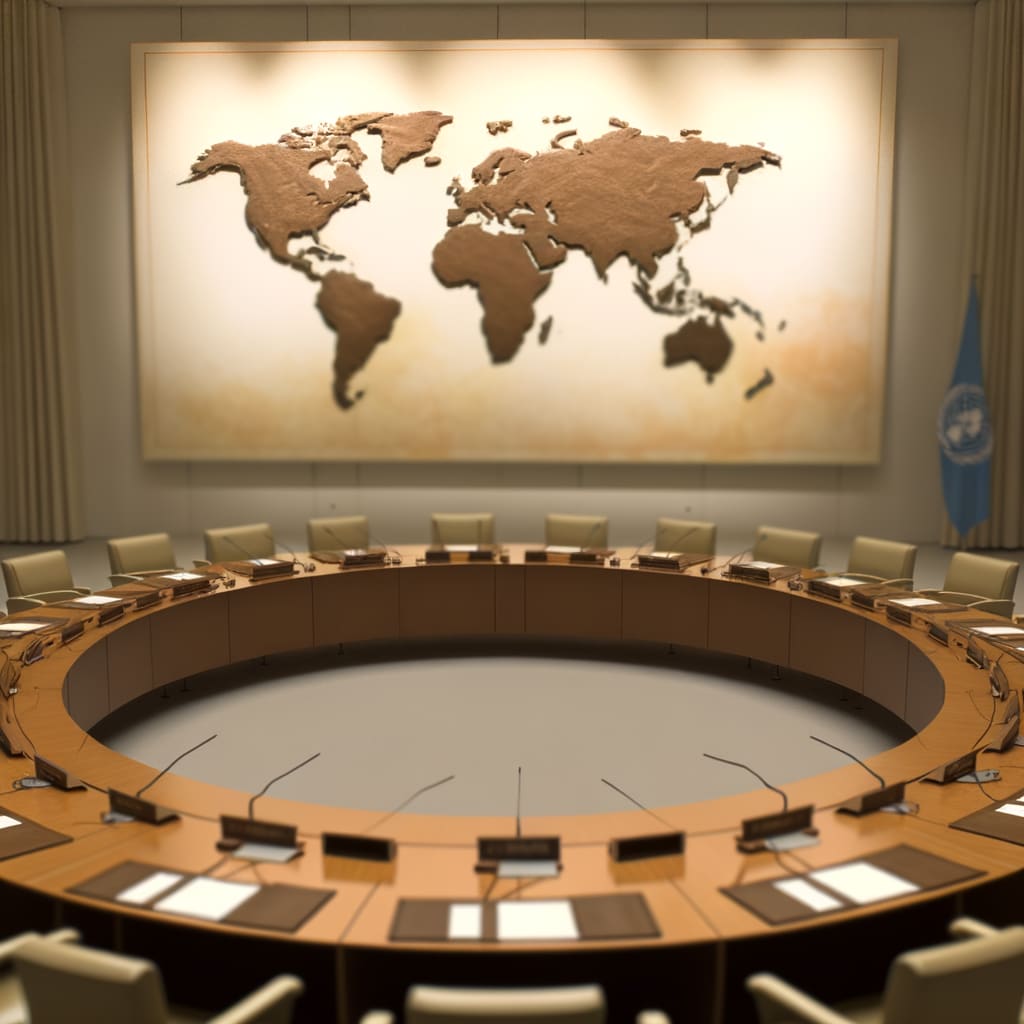Pakistan and Afghanistan Declare Temporary Ceasefire Amidst Cross-Border Violence
In a significant development in South Asia, Pakistan and Afghanistan have agreed to a 48-hour ceasefire, putting an end to several days of violent cross-border clashes that reportedly claimed many lives. This truce, announced by Pakistan’s Foreign Ministry, started at 6pm local time on Wednesday and is seen as a crucial initiative to resolve the complex yet resolvable issues
between the two nations.
Escalating Tensions and Cross-Border Clashes
The ceasefire comes after days of cross-border violence that resulted in over a dozen civilian deaths, according to both RT and Sky News. The Diplomat reported renewed clashes on the Afghanistan-Pakistan border, citing airstrikes and fighting that sparked the truce. Afghan Taliban spokesman Zabihullah Mujahid had earlier accused Pakistani forces of launching an attack, which allegedly killed 12 civilians.
However, the narrative of the conflict differs slightly as per some sources. Al Jazeera English and The Hindu noted the involvement of the Taliban in the cross-border clashes, which was not specified in the RT report. The Hindu also mentioned India's recent interaction with the Taliban Foreign Minister and its commitment to Afghan sovereignty and territorial integrity.
A Fragile Ceasefire Amidst Challenges
Despite the ceasefire agreement, several sources suggest that peace between the two nations might not be easily attainable. Al Jazeera English and Le Monde noted that the ceasefire was fragile, but it held despite the serious clashes that resulted in numerous casualties before the truce took effect.
The Diplomat also highlighted the challenges in patching up relations between Pakistan and the Taliban, given the latter's need for Islamabad's cooperation against militants. Middle East Eye suggested that the Taliban would find it tough to clamp down on militants targeting Pakistan without endangering itself.
International Reactions and Call for Diplomacy
The international community, including the UN and several countries, have urged both nations to pursue peace. The UN called for a 'lasting' ceasefire and stressed the need to protect civilians. Iran's Foreign Ministry spokesperson Esmaeil Baghaei welcomed the ceasefire and urged both sides to resolve their differences through diplomacy, as reported by IRNA English. India also expressed support for Kabul’s sovereignty amid the tensions, according to TASS.
The Road Ahead
The 48-hour truce has offered a brief respite from the violence, but the road to lasting peace remains uncertain. Pakistan's Prime Minister Sharif stated that the country is ready for talks with Afghanistan, but only under 'legitimate' and 'respectful conditions', as per The Hindu.
While the ceasefire is a positive step, its durability is yet to be tested. The Diplomat emphasized that it remains to be seen how long the truce can hold amidst the escalating tensions and fresh clashes on the border. Despite these challenges, both nations are aware of the need for a sustainable path to peace, as continued hostilities would harm them both.
The ceasefire has brought a temporary halt to one of the most severe conflicts between the two countries in recent years. As the situation continues to evolve, the world watches closely, hoping for a peaceful resolution to the tensions in this volatile region.

